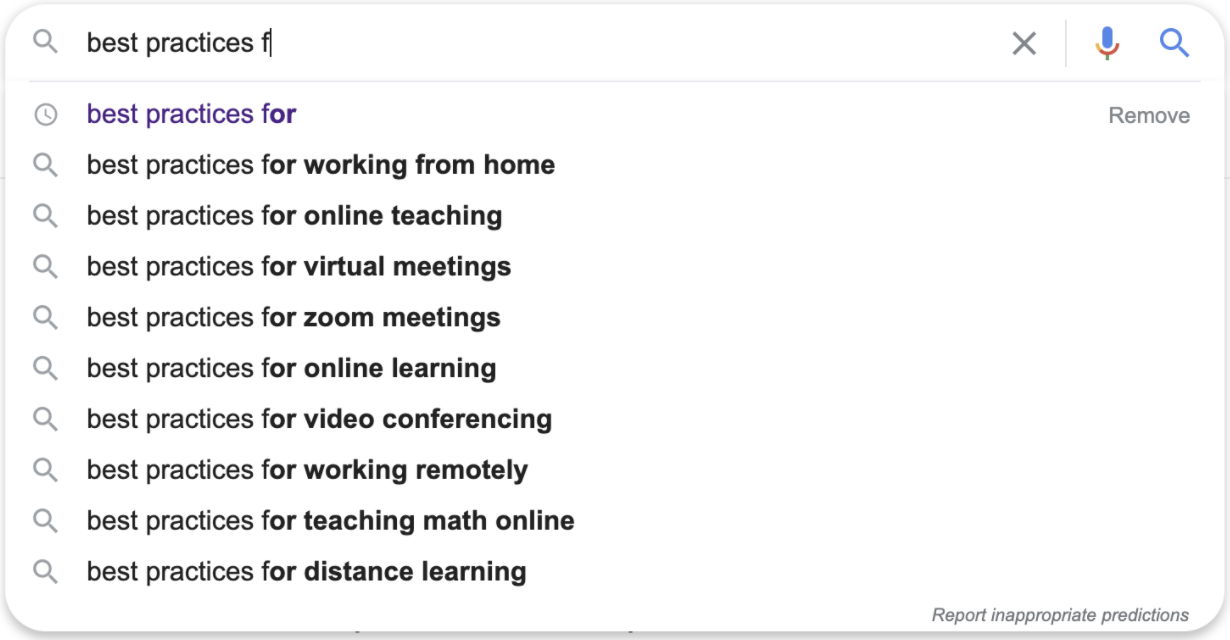- Published on
On best practices
- Authors
- Name
- Arne Jenssen
- @arnejenssen

Best practices flourish across industries. We find best practices for software development, best practices for giving financial advice and best practices for recruiting volunteers. To name a few examples.

I think it is generous that individuals, companies and organizations make the effort to author and share best practices. It requires a broad overview of the field and to be close to the bleeding edge.
Best practices can be valuable resources for newcomers to get an overview in a field. It allows us to start near the top instead of climbing the ladders by ourselves. Best practices are like “cheat sheets” that can save a lot of time and blind alley walks.
Best practices can even be used to make strategic choices. If the whole industry is doing things in a certain way, for example the practice of using distributed version control for managing software source code, you’d better have good reasons for not doing it.
It is free for anybody to publish a best practice. Therefore we need to apply critical thinking. Be aware that a best practice can be biased and can even be a camouflage for a product promotion. Look who is behind. Is it a respectable consortium, or a small startup?
Although I think the use of best practices to be valuable, there is one thing that troubles me. I don’t like the wording - “best practices”. It implies that they are the best. Period. I think it is pretentious. It lacks humility. It shuts the door to new thinking and development. As a former scientist and now an aspiring entrepreneur I know that the status quo is yesterday’s news. Best practices are “good”, but they cannot be “the very best”. To become recognized as a best practice it needs to be tested in combat. The practice needs to have proven that they work in several contexts. This qualification process creates a significant delay. Current best practice may be years old. Right now as we are focusing on adopting a “new” best practice, pioneers are already experimenting with even better practices. We just haven’t heard of them yet.
I think more accurate terms could be:
- Best known practices
- Practices with high consensus
- Proven practices
This may look like a linguistic rant,.... and it is! We will probably be stuck with the terminology “best practices”. That is fine as long as we think of them as best-known-proven-practices, and are open to the idea that there might be even better ways of doing it.

